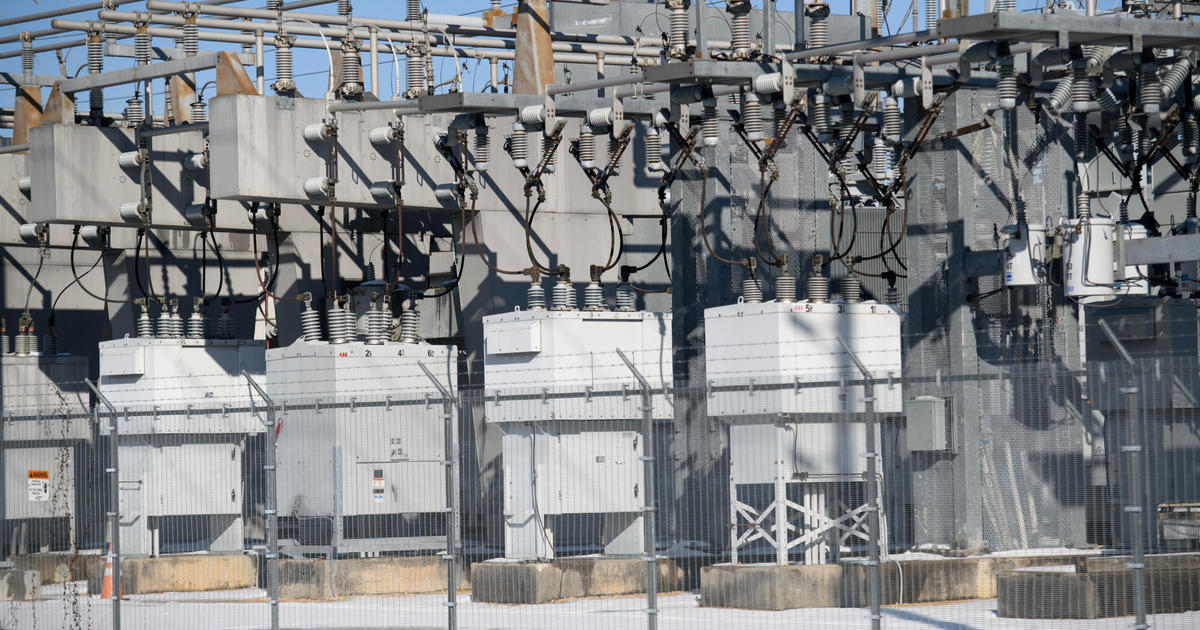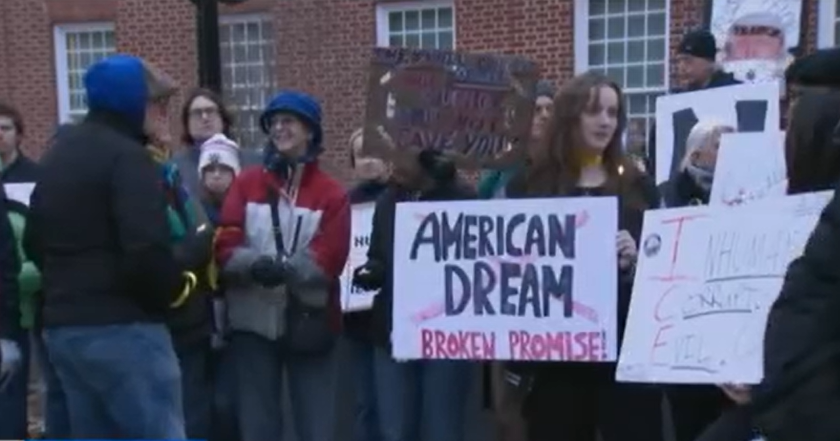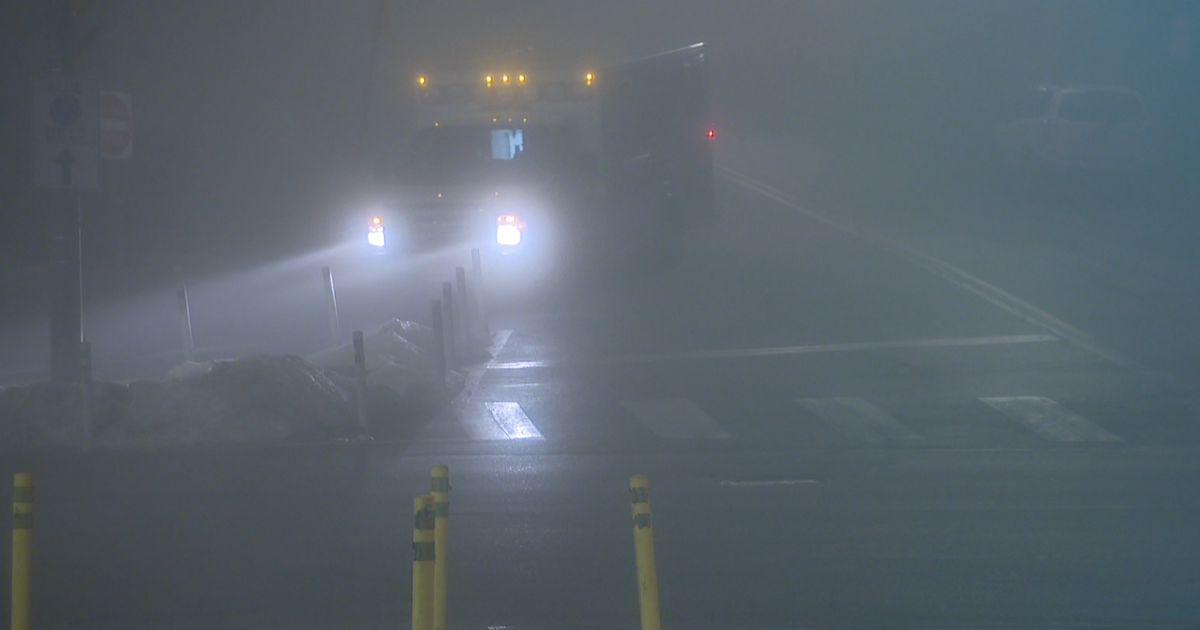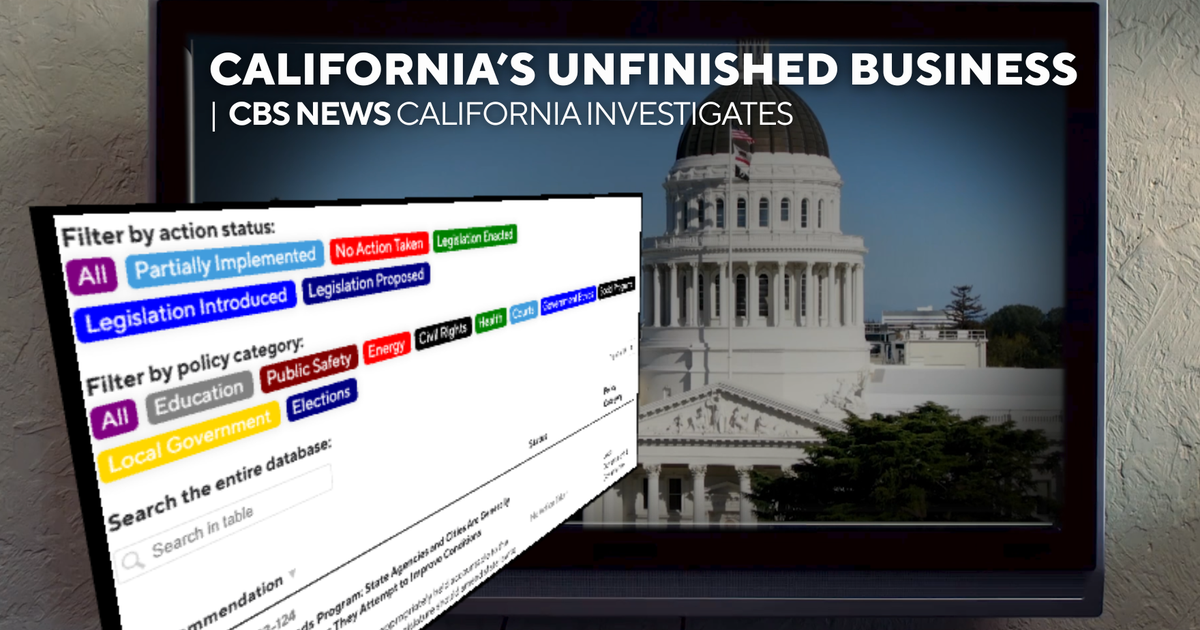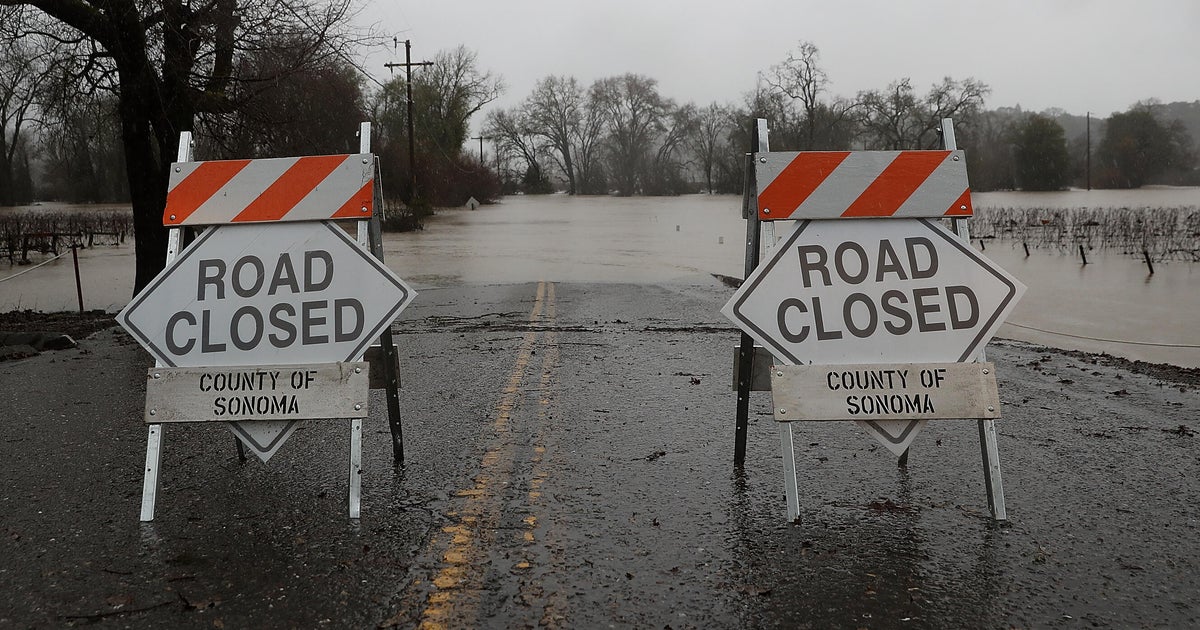Bay Plan Adds To W.Va. Lawmaker Umbrage Vs. EPA
CHARLESTON, W.Va. (AP) -- The Environmental Protection Agency has emerged as a major boogeyman of some West Virginia lawmakers this session, and not just because of coal.
Supporters of the state's mining industry have repeatedly denounced the Obama administration's EPA over its handling of permits and related policies. This fight escalated last month when the EPA vetoed a permit for what would be West Virginia's largest mountaintop-removal surface mine.
But far from the coalfields, lawmakers representing the Eastern Panhandle are also lashing out at the EPA. They object to recently enacted standards meant to reduce the flow of pollutants and sediments into the Chesapeake Bay.
West Virginia is part of the bay's watershed. The EPA has established a "pollution diet" to achieve certain cuts in the levels of nitrogen, phosphorous and sediment. If progress is deemed insufficient, in certain states the federal agency can impose additional controls on wastewater treatment, large animal feeding operations or municipal storm water.
Sen. Herb Snyder, D-Jefferson, is among several lawmakers who warn that the EPA's plan threatens the panhandle region's farms and poultry industry.
"I didn't appreciate the situation facing coal until this Chesapeake Bay situation came up," Snyder told fellow members of the Senate Economic Development Committee at a meeting last week.
"Now I know how the coal industry feels. Wow, what overreaching."
EPA spokesman David Sternberg said the agency and state officials continue to work with stakeholders to find ways to tackle the bay's pollution problem "in an efficient and cost effective manner."
"In addition to the significant environmental and economic benefits of a healthy Bay, the actions taken under (the pollution diet) will help clean waterways in West Virginia and throughout the watershed, supporting local economies and recreational activities," Sternberg said in a Monday statement.
But Snyder and Senate Agriculture Chair Bob Williams decry how the EPA has forced farmers to stop planting on land along waterways so it buffers runoff from fertilizer and other chemicals.
It's as if President Barack Obama doesn't want agriculture in the eastern United States, Williams told the Economic Development Committee last week.
"It's going to have an impact on food prices. This state and other states are ignoring the impact that this Chesapeake situation will have," the Taylor County Democrat said. "We could see our poultry industry disappear in five years."
These legislative critics also question whether increased funding to upgrade wastewater treatment systems will satisfy the federal agency. Williams said the agency's approach omits some of the culprits behind the pollution as well.
"If we don't do something about the nitrogen that comes off the lawns of Loudon County, Va., we will never meet the model standards," Williams said at the committee meeting, referring to the Washington, D.C. outer suburb.
Shanda Minney, executive director of the West Virginia Rivers Coalition, agreed that officials should educate individual landowners and other watershed players about best practices. But she also sees value in the EPA's approach.
"Agriculture is an important piece of the puzzle, but it's not the only piece," Minney said Tuesday. "The standards that EPA is proposing are really focused on improving the health of the bay. States need to seriously consider their responsibilities."
The ongoing effort to improve the bay's health reflects a shortcoming of the federal Clean Water Act, said Don Garvin of the West Virginia Environmental Council: addressing such nonpoint sources of pollution as farming.
But Garvin also put agriculture's role in context. It accounts for about 40 percent of all the nitrogen and phosphorus entering the bay's waterways, he said. But of West Virginia's share of those pollutants, 70 percent comes from farming, Garvin said.
"I don't buy agriculture's griping," he said Tuesday. "They're getting off easy."
(Copyright 2011 by The Associated Press. All Rights Reserved.)
